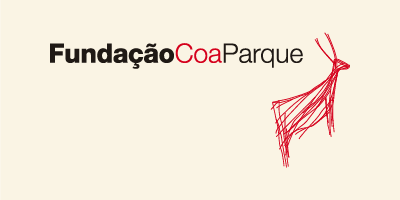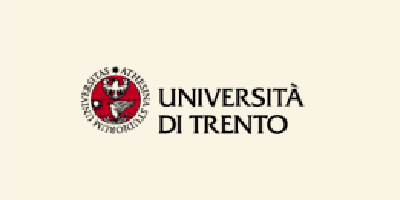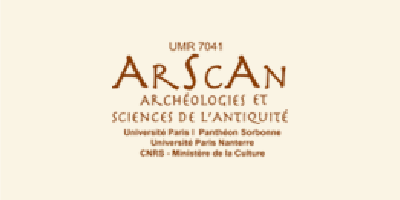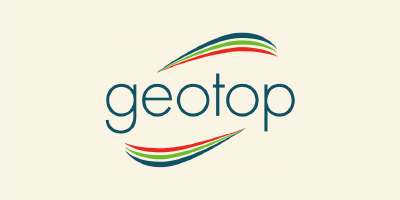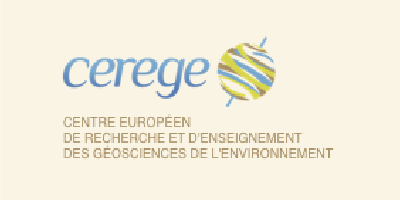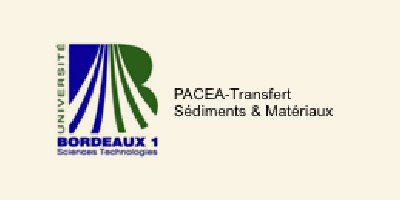Universidade de Coimbra (UC)
University of Coimbra (UC) is a reference in higher education and R&D in Portugal, due to the quality of the courses taught at its eight colleges and to the advances achieved in pure and applied research in various scientific domains, and on technology related areas. UC pursues a policy of continuous improvement in several areas, including humanities and social sciences, ensuring high standards of teaching and research, as well as being an active participant in the development of the corporate world. The continuous technological development promoted by UCs different R&D units addresses the challenges involved in the design, operation, and regulation of technologies, bringing together professors from different scientific disciplines with a long experience in teaching, research, technology transfer and consultancy in different areas in the context of technology. The UC is in constant search for improvement and enhancement of knowledge, research, and technology, contributing decisively to the improvement of science, technology and humanities and to the enhancement of knowledge through R&D collaborations dues to H2020 projects and PT2020 projects. The administrative and financial procedures regarding project implementation run in the Support Project Office of UC Administration, which assigns a competent member of the staff to each project with accountable and legal competencies.


